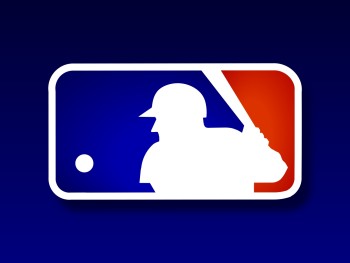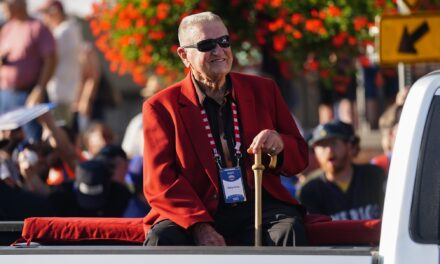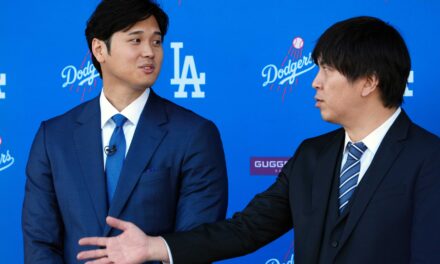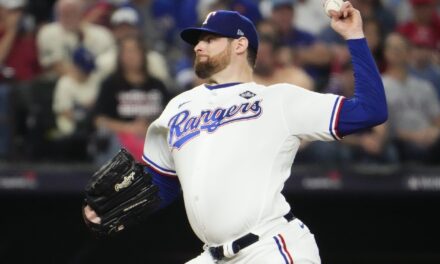According to Ken Rosenthal of Fox Sports, baseball’s new collective bargaining agreement is chock full of big changes.
- Major League Baseball will begin testing for human growth hormone (HGH) beginning in February as part of the new collective bargaining agreement. MLB is the first of the four major sports to now employ blood testing of its players. MLB already conducts random testing for HGH in the minor leagues, a program it began last year.
- Commissioner Bud Selig already has announced the move of the Houston Astros to the American League. That will pave the way for realignment of the sport into two 15-team leagues, adding a second wild-card playoff team in each league and spreading interleague play throughout all six months of the regular season. The past rule that teams in the same division can’t play in the Division Series round likely will not be part of the new agreement.
- Under the new CBA, all the current free-agent closers on the market that were previously designated as Type A free agents will no longer cost their new team a first-round draft pick. That means teams can sign Ryan Madson or Francisco Rodriguez without having to forfeit their first-round pick.
- Teams that lose a player from the new group of unrestricted Type A free agents still will receive compensation picks, as they have previously. The San Diego Padres, for example, will not be penalized for declining to trade closer Heath Bell last season; they still will collect picks for losing him as a free agent.
- The new CBA will do away with the Elias Sports Rankings starting next season. Under the new system, the top free agents will be subject to compensation only if their former teams make them qualifying offers off at least $12 million annually or more.
- As part of the deal, baseball’s minimum salary will go from $414,000 this year to $480,000 in 2012 and $500,000 later in the deal — matching what the average salary was in 1989.
- Owners gained one of their chief objectives: a restraint on the bonuses paid to amateur free agents, both those entering professional baseball from high schools and colleges and those coming to MLB organizations from abroad.
- For international free agents, such as players from the Dominican Republic and Venezuela, there will be a separate threshold and tax with penalties, and there will be a study committee that could put a new system in place later during the agreement. A tax of 75 percent to 100 percent will be imposed on the amount a team exceeds a threshold, and teams exceeding the threshold by higher amounts could lose first and second-round draft picks.
* Latest updates in bold.
More to come…















